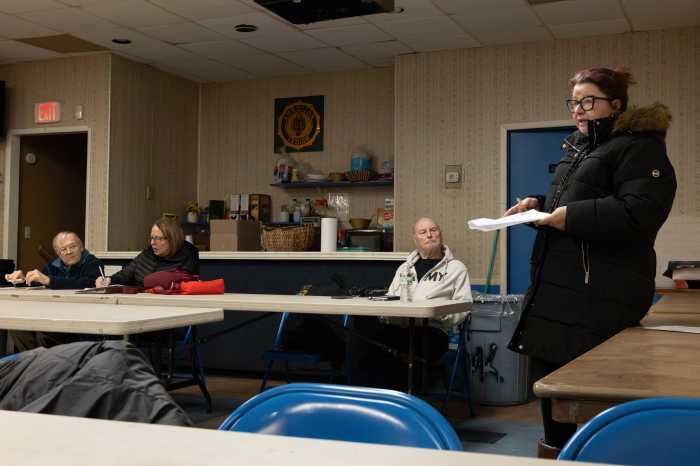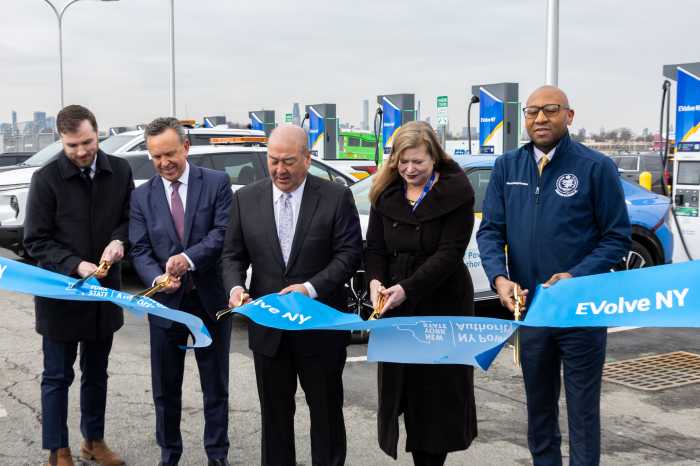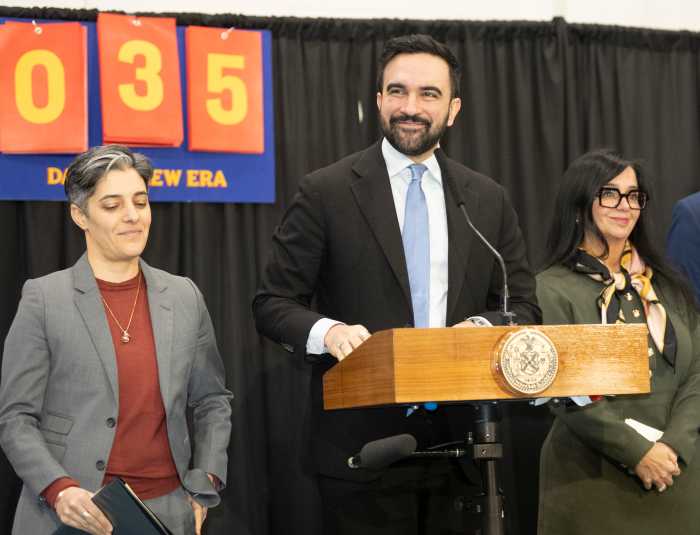Days before the state Commission on Forensic Science is scheduled to hold a special hearing on familial DNA testing, the State Senate passed a bill — co-sponsored by Senators Joseph Addabbo and Tony Avella — to allow the use of expanded genetic testing.
Before DNA testing led to the arrest of 20-year-old Chanel Lewis in the murder case of Howard Beach’s Karina Vetrano, local elected officials and the Vetrano family called on the state Commission on Forensic Science to adopt familial DNA testing to help police solve heinous crimes when all other investigative leads were exhausted.
“I continue to believe that this type of search is an important resource in violent criminal investigations where the trail seems to be getting colder and colder,” Addabbo said. “It took six long and painful months for the investigators to identify and arrest a suspect in Karina’s case. Against great odds, our law enforcement agencies did a tremendous job in connecting the dots between the suspect’s earlier suspicious behavior, a 911 call, and the murder.”
Familial DNA testing would allow investigators to use the state’s DNA Database to find close relatives of a suspect, when their DNA does not provide a match. This could lead to major breakthroughs in cases where other methods have failed.
Under the legislation (S.2956A), the DNA Subcommittee of the New York State Commission on Forensic Science would make a report by the end of 2017 that recommends the best practices for the procedure.
Several other states across the country have already approved familial DNA testing, and have used it to solve previously unsolved cases.
“Our state has the capability and the technology to find murderers, rapists and other felons. We should not sit idly by, while those criminals walk on our streets,” Addabbo said. “Our state should take a positive step towards protecting the public and incorporate familial DNA as another investigative tool for law enforcement.”
There are, however, opponents to familial DNA testing. The American Civil Liberties Union (ACLU) of Illinois believes familial DNA testing violates privacy issues.
The piece of legislation will now be considered by the Assembly.


































